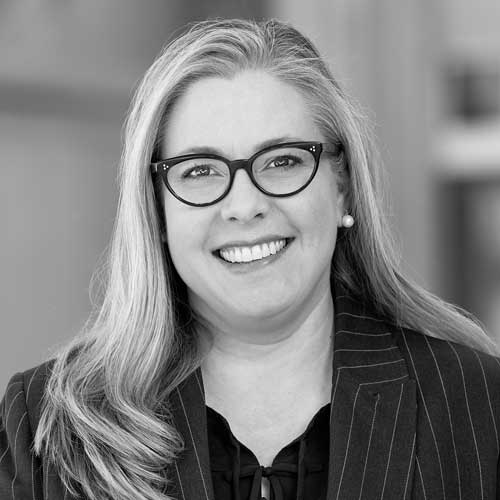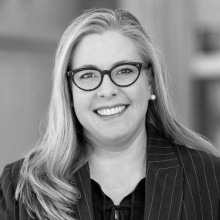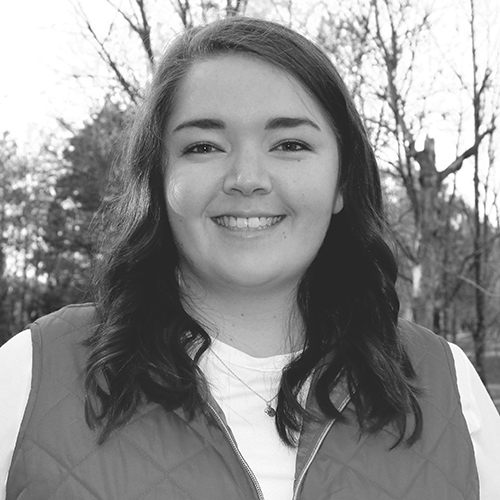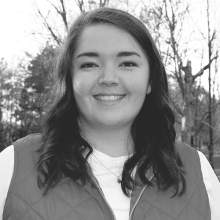Judges and Past Jurors Come Together to Improve Jury Trials
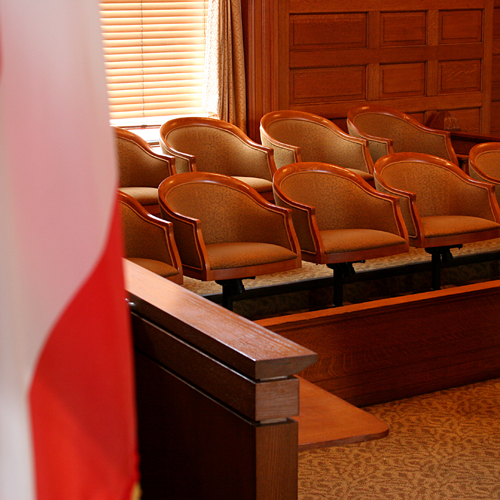 How can jury trials be better? That was the question being discussed at the Jury Improvement Lunch recently held in Denver by the New York University School of Law's Civil Jury Project. The luncheon was sponsored by a number of local bar organizations, including IAALS, and hosted by a number of local law firms. Headed by attorney Stephen Susman, the Civil Jury Project is holding similar events across the country at which judges and recent jurors are brought together to share progressive trial practices with the local bench and bar.
How can jury trials be better? That was the question being discussed at the Jury Improvement Lunch recently held in Denver by the New York University School of Law's Civil Jury Project. The luncheon was sponsored by a number of local bar organizations, including IAALS, and hosted by a number of local law firms. Headed by attorney Stephen Susman, the Civil Jury Project is holding similar events across the country at which judges and recent jurors are brought together to share progressive trial practices with the local bench and bar.
The program included a number of judges from state and federal court in Colorado, including U.S. District Court judges Christine Arguello and R. Brooke Jackson, along with 2nd Judicial District Court judges David Goldberg, A. Bruce Jones, and Bob McGahey.
The program highlighted how progressive Colorado is when it comes to jury reforms. For example, the panel discussed whether jurors should be given preliminary substantive instructions at the beginning of the case to help with their comprehension. Judge McGahey shared that this is a common practice among Colorado judges. One juror said that knowing at least the basic elements the plaintiff must prove is helpful:
“You’re sitting in this trial, you’re getting all this information thrown at you. You should know what you should pay attention to instead of trying to sift through everything at the end.”
Another innovative trial practice that was discussed was allowing jurors to discuss the evidence when they are together in the jury room prior to final deliberations. Judge Jones shared that by “allowing jurors to talk to each other about the case through the trial—and provided they keep an open mind as it proceeds—the final deliberations don’t last for days.” Judge Jackson shared an alternate view, noting that there is the potential for unfairness to the defendant.
The panelists were also asked about the practice of lawyers explaining why they are calling an upcoming witness or summarizing the key takeaways from the witness's testimony. One juror thought this may be helpful, as some witnesses’ testimony did not seem to add to the case and the attorney may have been able to explain the purpose of the testimony. On the other hand, attorneys need to be thoughtful and consider the perceptions of the jury throughout—a common theme from the juror comments. As one juror noted, "some attorneys just talk too much already."
By the end, there was hope that luncheons that bring together the bench and bar—and highlight underrepresented voices in our system—could happen more frequently in the future. Ultimately, the Civil Jury Project aims to answer the question of whether there should be a right to trial by jury and how that right can be exercised consistent with basic commitments to speedy and efficient resolution of civil disputes. For more, read Law Week Colorado’s coverage.

